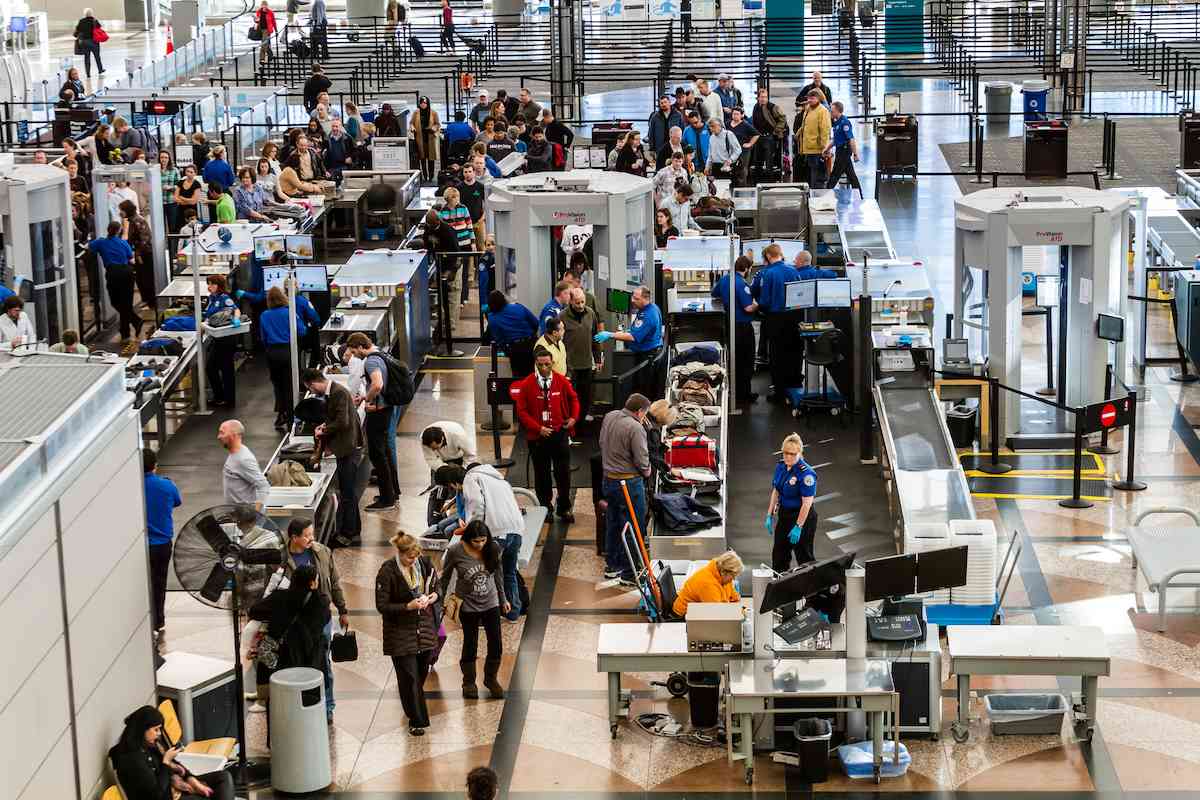New Challenges at Airports Require Continuous Upgrades
At TechWaste Recycling, we know that safety, security, and convenience are of primary concern for airport administrators. There are many challenges involved in preventing collisions on the ground and in the air and protecting passengers from terrorist activities both in the terminal and on the plane once airborne, all without unnecessarily complicating the customer experience. All of which engages technology and electronics to get the job done.
The most sophisticated airport security and convenience measures require the most up-to-date equipment, which inevitably leads to disposal of outdated electronics. TechWaste Recycling holds the following certifications in relation to electronic recycling and data destruction:
- ISO 14001
- ISO 45001
- ISO 9001
- RESPONSIBLE RECYCLING© (R2v3)
Disposal of electronic equipment with TechWaste Recycling is safe, secure, responsible, and convenient, meaning that you have one less thing to worry about when adopting the latest technologies.


Air Safety Technologies
Recent news stories have detailed an alarming number of tragic accidents and close calls that demonstrate just how important it is to maintain control of airport traffic at all times. Airport surveillance radar allows air traffic controllers to provide clear and accurate instructions to pilots of aircraft both on the ground and in flight.
While many airports are still using analog airport surveillance radar systems, a new digital ASR is currently in development to replace the older generations. At the same time, the Federal Aviation Administration and the Department of Defense are currently working on a Standard Terminal Automation Replacement System that displays radar data to air traffic controllers, replacing the previous versions of automated radar terminal systems. Development and testing of ASR is the responsibility of the FAA, which releases upgrades after they have been determined to be safe, effective, and operable.
Airport Security Technologies
Since potential terrorists are always trying to come up with new ways to sneak explosives and other harmful agents into airports and onto planes, researchers developing security technologies to detect threats must be similarly diligent. As an additional challenge, these technologies must address passenger concerns about privacy.
A number of body-scanning technologies are currently in use at airports around the country:
Magnetometers
The type of metal detector that most people are familiar with finds concealed metal objects using an electromagnetic field.
X-Ray Imaging
Backscatter machines reflect low-energy x-ray beams off the body, creating a precise image of foreign objects.
Puffer Machines
A device that fell out of favor without being widely implemented, it blows a puff of air onto passengers to dislodge particles that can be collected and analyzed by a scanner for explosives.
Magnetic Imaging
Millimeter wave technology produces a full-body scan to detect anomalies on the body. Though unable to detect explosives by chemical signature, its ability to identify both metallic and nonmetallic objects of a suspicious nature make it a strong level of security.
Passenger complaints in 2013 led to passage of a federal law restricting body scanners from collecting too much information. As a result, the devices must now be retrofitted with special filtering software to protect passengers’ privacy. Passengers have also raised concerns about the potential of scanners leaking data or photos to the public due to a breach of online security.
In addition to scanning individual passengers, airports also record a great deal of video in the interest of identifying threats and enhancing security. At a minimum, airport video can be stored for 180 days, but with a finite storage capacity, it will have to be disposed of eventually.
Convenience Technologies
In addition to safety and security, airports also include a great deal of computerized technology that is available for the passengers’ convenience. Such electronic conveniences include:
- Baggage claim conveyor belts
- Automated parking systems
- Flight display boards
- Computerized check-in kiosks
Advantages of TechWaste Recycling
When handling airports’ electronics and data, TechWaste complies with all applicable laws, including requirements from the National Security Agency and the Department of Defense. We dispose of electronics in a way that is environmentally responsible as well as safe and secure. For more about specific services we provide, contact us today.










































